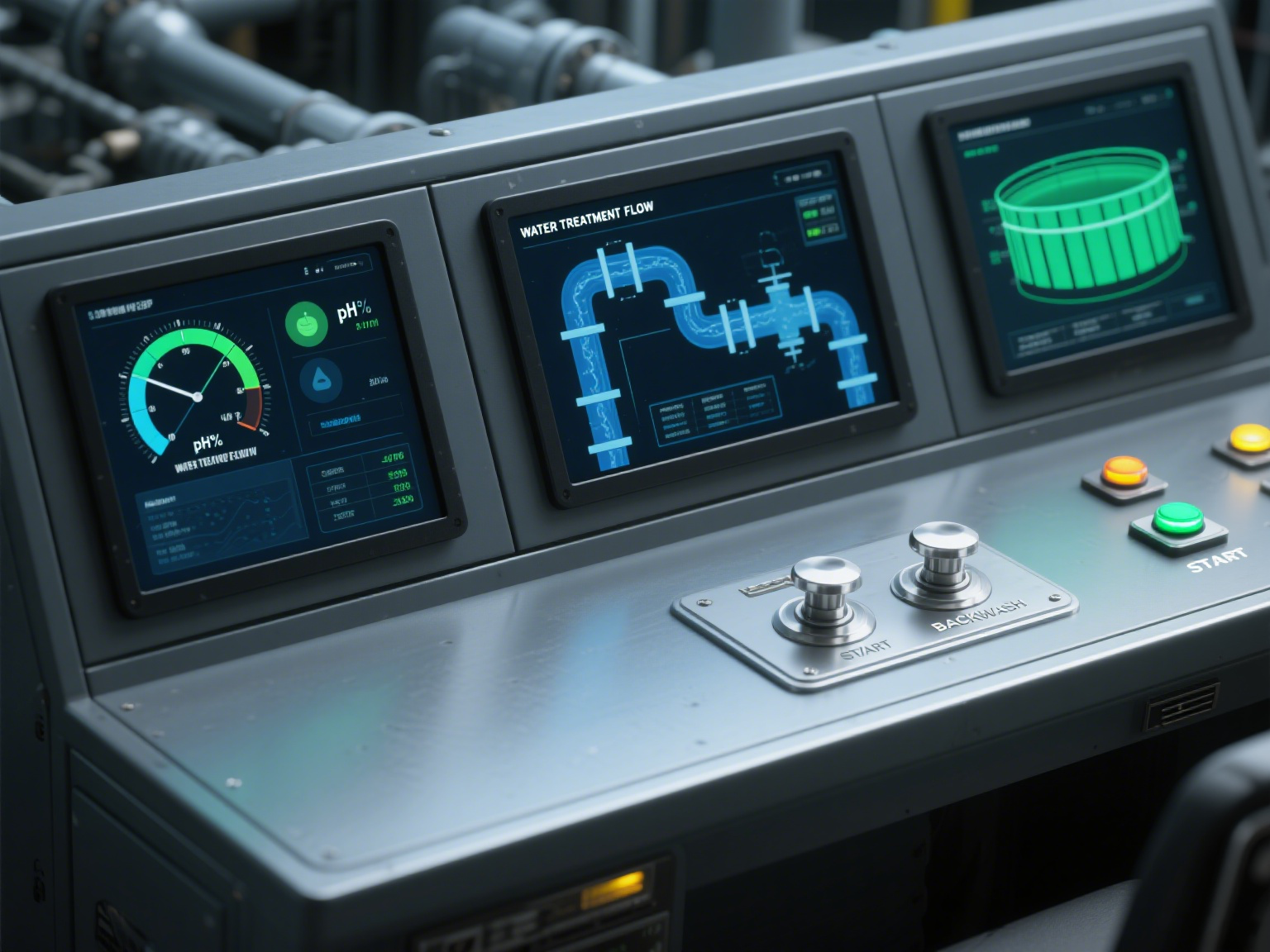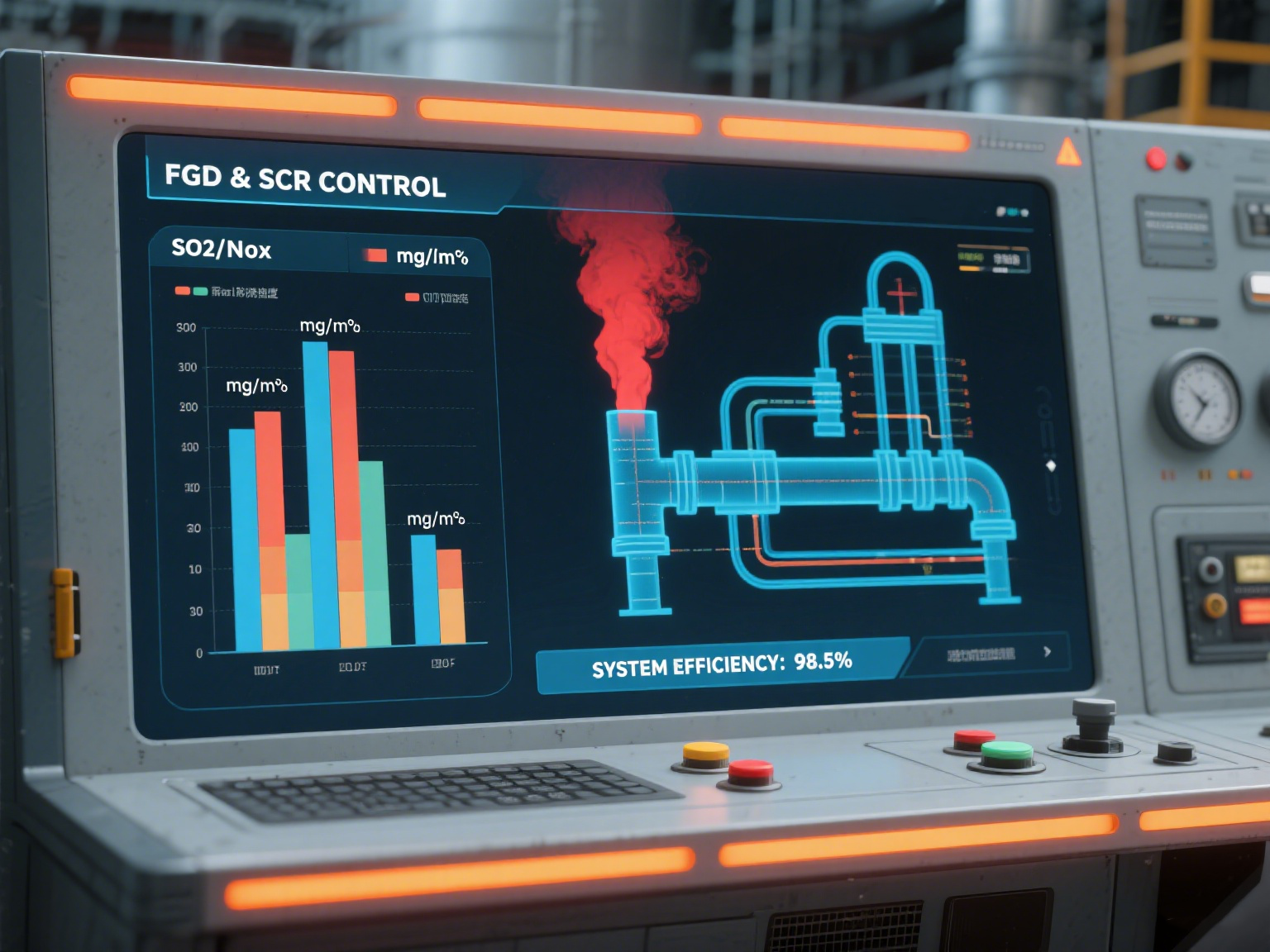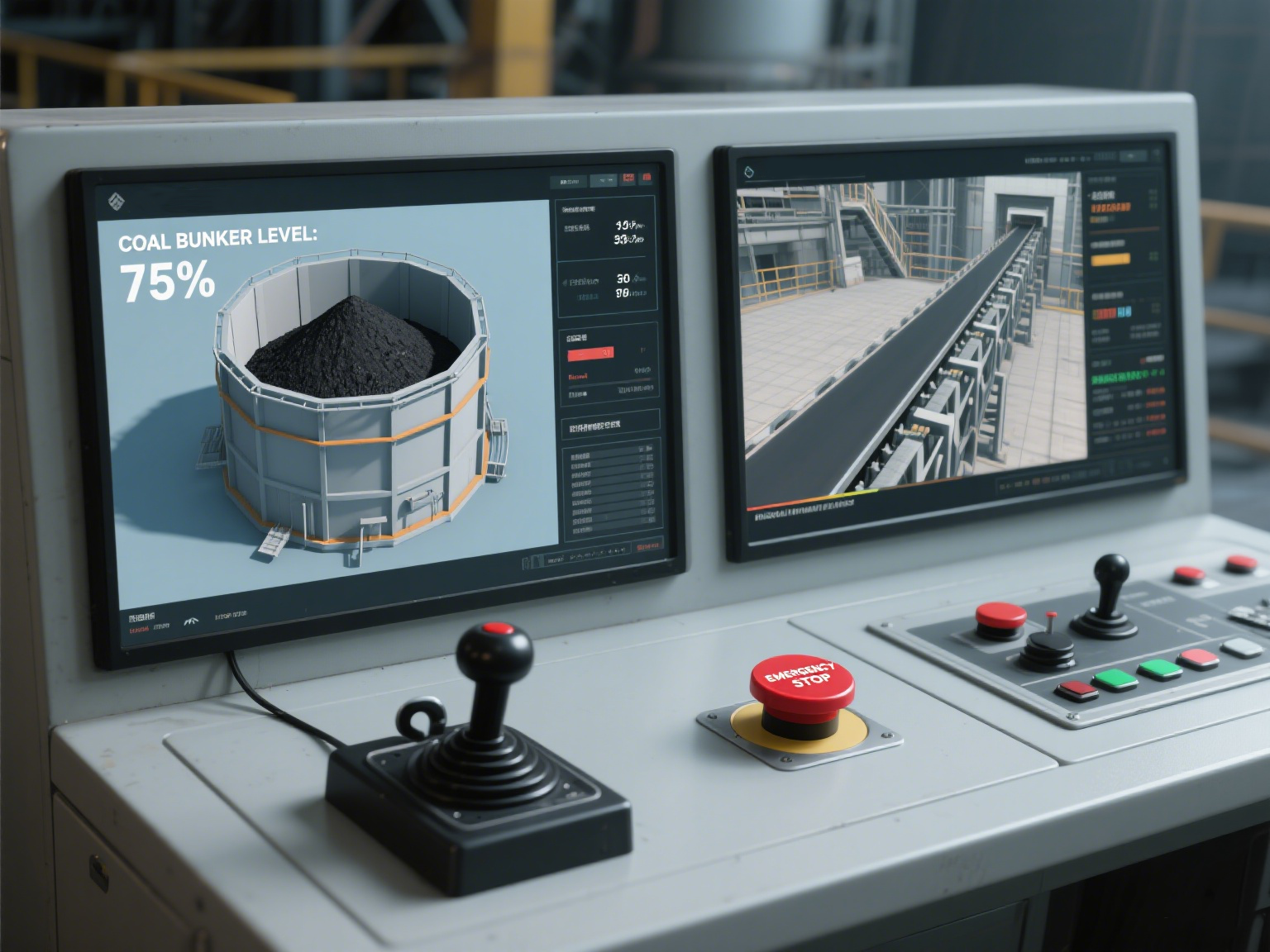Electronic Measurement Supervision System
The electronic supervision system (ICQ) stands as a landmark achievement in informatization-driven technical collaboration between our company and government regulatory authorities. It represents a paradigm shift in the field of quantity and weight verification for exported refined oil, integrating cutting-edge measurement technologies, real-time data acquisition, online calibration protocols, remote access capabilities, and advanced statistical analysis into a unified platform. For decades, commodity inspection relied on the conventional method of ship's hold weighing—a static, manual process plagued by inherent limitations: measurements were prone to significant deviations due to factors like hull deformation, cargo shifting, and human error; the time-consuming nature of on-site verification created bottlenecks in the era of rapid customs clearance, hampering trade efficiency. Our ICQ system eliminates these drawbacks, redefining refined oil inspection with a dynamic, data-driven approach that sets a new standard for accuracy, transparency, and operational agility.

Anti-fraud capabilities
By monitoring loading processes in real time, the system flags anomalies such as unauthorized flow adjustments, meter tampering, or irregular pressure fluctuations—providing irrefutable digital evidence to deter and resolve disputes. This has helped enterprises recover millions in potential losses from fraudulent practices, while streamlining dispute resolution by eliminating reliance on subjective, post-hoc explanations.

Enhanced regulatory credibility
The system’s transparent, auditable data trail (with timestamped records of every measurement, calibration, and adjustment) ensures the fairness, impartiality, and openness of inspection processes. This not only strengthens trust among trading parties but also elevates the professional image of inspection and quarantine authorities as tech-savvy, service-oriented regulators.

Historical reproducibility
Unlike traditional on-site inspections, which lack a verifiable record of conditions, the ICQ system archives all process data—including flow rates, pressure curves, and calibration logs—for 10+ years. This allows for retrospective analysis and dispute resolution, even long after the physical inspection, by reconstructing the exact state of the loading operation.
